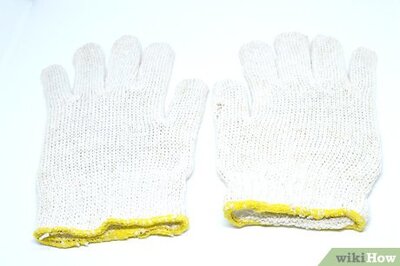
views
Washington: Striking images taken by NASA's Mars Global Surveyor spacecraft suggest the presence of liquid water on the Martian surface, a tantalising find for scientists wondering if the Red Planet might harbor life.
The orbiting US spacecraft enabled scientists to detect changes in the walls of two craters in the southern hemisphere of Mars apparently caused by the downhill flow of water in the past few years, a team of scientists announced on Wednesday.
Scientists long have wondered whether life ever existed on Mars. Liquid water is an important part of the equation.
On Earth, all forms of life require water to survive. Scientists previously established the existence of water on Mars in the form of ice at the poles and water vapor, and pointed to geological features that appear to have been carved by water ages ago.
Kenneth Edgett of Malin Space Science Systems in San Diego, a scientist involved in the research, said there had been a quest for "smoking gun" evidence for liquid water currently on Mars.
"Basically, this is the 'squirting gun' for water on Mars," Edgett said.
The scientists, whose research appears in the journal Science, compared images of the Martian surface taken seven years apart and also found 20 newly formed craters left by impacts from space debris.
They said water seemed to have flowed down two gullies in the past few years, even though liquid water cannot remain long on the planet's frigid, nearly airless surface because it would rapidly freeze or evaporate.
That seemed to support the notion that underground liquid water may reside close enough to the surface in some places that it can seep out periodically.
The images did not directly show water. But they showed bright deposits running several hundred yards (meters) seemingly left by material carried downhill inside the crater by running water, occasionally snaking around obstacles and leaving finger-shaped marks diverting from the main flow.
"It could be acidic water, it could be briny water, it could be water carrying all kinds of sediment, it could be slushy, but H2O is involved," Edgett said.
Edgett said that each apparent flow was caused by an amount equal to "five to 10 swimming pools of water."
Lead scientist for NASA's Mars Exploration Program, Michael Meyer said the observations provided the strongest evidence to date that water still flowed occasionally on the surface of Mars.
"The big questions are: how does this happen, and does it point to a habitat for life?" Meyer said.
Among the planets in our solar system, only Earth has a more hospitable climate, and some scientists suspect Mars once sheltered primitive, bacteria-like organisms.
Previous missions found evidence Mars at one time boasted ample quantities of water.
The scientists conceded the images were only circumstantial evidence not proof. They cited a possible alternative explanation that those features were caused by the movement of dry dust down a slope.
The researchers said that their findings raised many questions, including the source and abundance of the water and whether it could serve as a resource in future missions to explore Mars.
The researchers reported finding those gullies in 2000, but this was the first time they revealed the presence of newly deposited material seemingly carried by liquid water.
Last month, NASA said it had lost contact with the Mars Global Surveyor after a decade-long mission in which it mapped the surface of Mars, tracked its climate and searched for evidence of water.




















Comments
0 comment